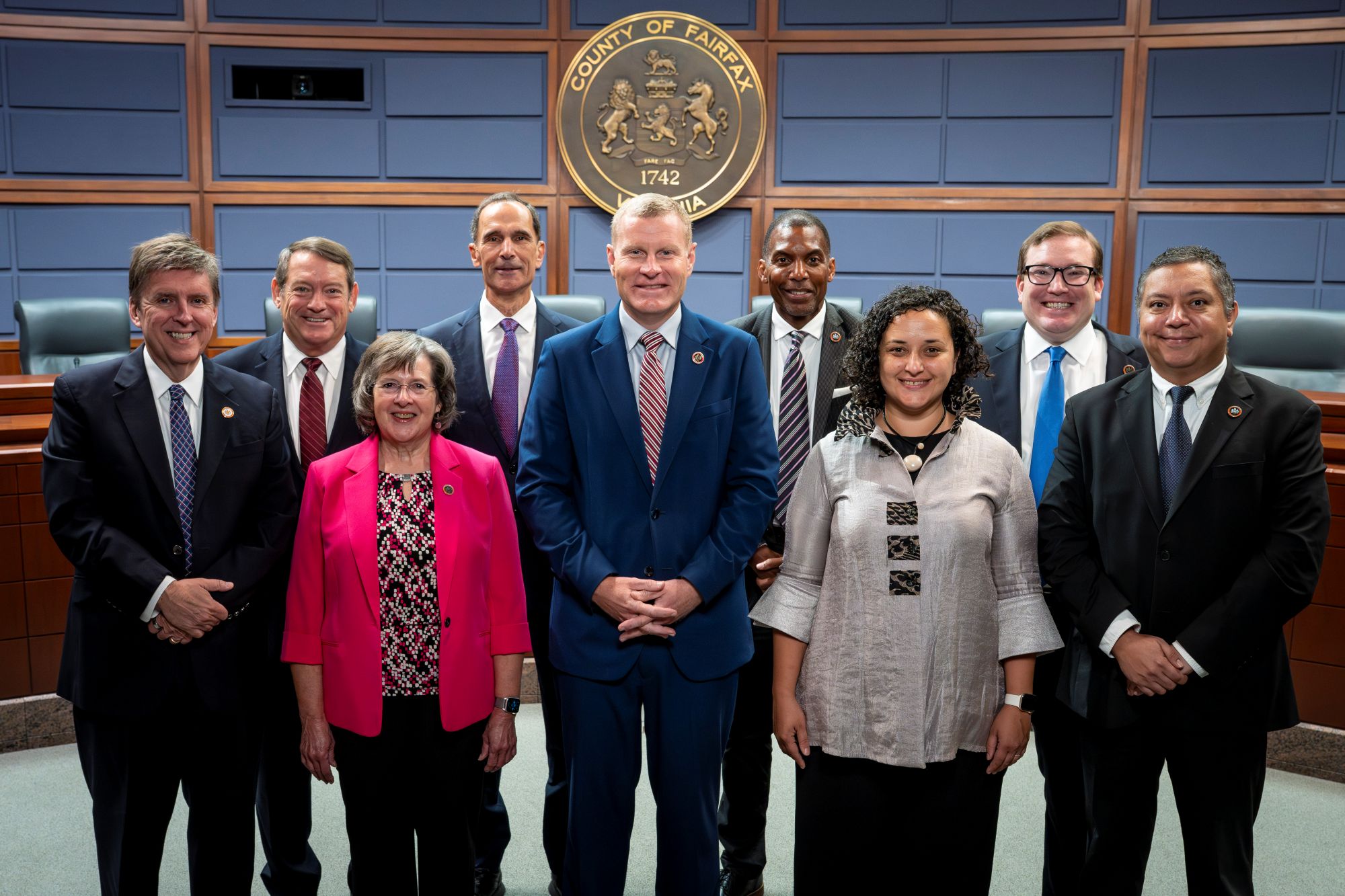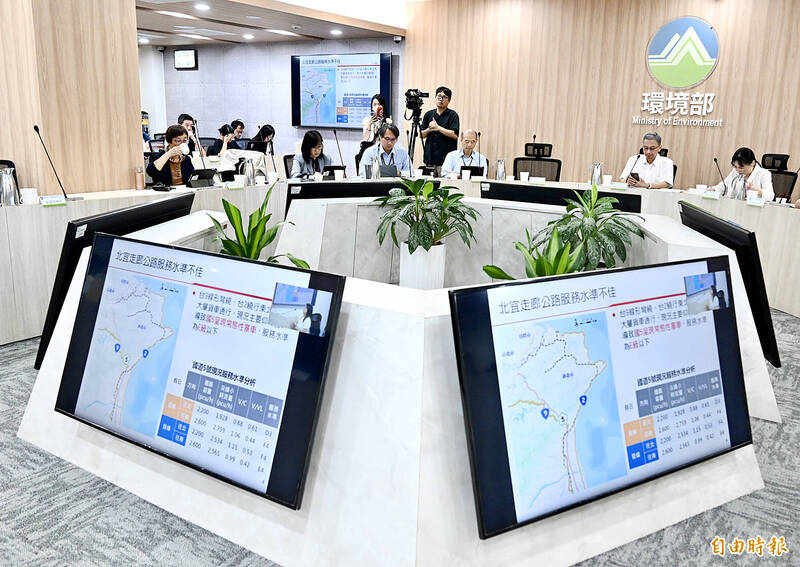
The Global Sustainable Development Congress

The Global Sustainable Development Congress brings together 3,000 global thought leaders and innovators to discuss urgent solutions to the sustainability emergency.
Challenging the usual thinking on what higher education, governments, businesses, and society must do to help society meet the United Nations’ Sustainable Development Goals (SDGs), the congress is a call to action for global universities and businesses to pivot their educational, research, innovation, and outreach programs towards tangible outcomes.
Join us and engage first-hand in urgent conversations as we work together towards a more sustainable future.
Introduction
The Global Sustainable Development Congress is an international event that gathers 3,000 influential thought leaders and innovators from around the world. The primary objective of this congress is to address the pressing challenges posed by the sustainability emergency.
Focus on Sustainable Development Goals (SDGs)
The congress challenges conventional thinking regarding the roles of higher education institutions, governments, businesses, and society in achieving the United Nations’ Sustainable Development Goals (SDGs). It serves as a catalyst for global universities and businesses to redirect their educational, research, innovation, and outreach efforts towards producing tangible outcomes that contribute to the achievement of the SDGs.
Join the Conversation
We invite you to join us and actively participate in urgent conversations that aim to shape a more sustainable future. By engaging in this congress, you will have the opportunity to collaborate with like-minded individuals and organizations, exchange ideas, and explore innovative solutions.
SDGs, Targets, and Indicators
1. Which SDGs are addressed or connected to the issues highlighted in the article?
- SDG 4: Quality Education
- SDG 9: Industry, Innovation, and Infrastructure
- SDG 17: Partnerships for the Goals
2. What specific targets under those SDGs can be identified based on the article’s content?
- SDG 4.7: By 2030, ensure that all learners acquire the knowledge and skills needed to promote sustainable development.
- SDG 9.5: Enhance scientific research, upgrade the technological capabilities of industrial sectors in all countries, particularly developing countries, including, by 2030, encouraging innovation and substantially increasing the number of research and development workers per 1 million people and public and private research and development spending.
- SDG 17.16: Enhance the global partnership for sustainable development, complemented by multi-stakeholder partnerships that mobilize and share knowledge, expertise, technology, and financial resources.
3. Are there any indicators mentioned or implied in the article that can be used to measure progress towards the identified targets?
- Indicator for SDG 4.7: The article mentions the need for universities and businesses to pivot their educational, research, innovation, and outreach programs towards tangible outcomes, indicating a focus on acquiring knowledge and skills for sustainable development.
- Indicator for SDG 9.5: The article highlights the importance of enhancing scientific research and technological capabilities, as well as encouraging innovation. The engagement of global thought leaders and innovators in the congress implies progress towards this target.
- Indicator for SDG 17.16: The article emphasizes the need for partnerships between higher education, governments, businesses, and society to address the sustainability emergency. The Global Sustainable Development Congress itself serves as an indicator of multi-stakeholder partnerships.
4. Table: SDGs, Targets, and Indicators
| SDGs | Targets | Indicators |
|---|---|---|
| SDG 4: Quality Education | 4.7: By 2030, ensure that all learners acquire the knowledge and skills needed to promote sustainable development. | The need for universities and businesses to pivot their educational, research, innovation, and outreach programs towards tangible outcomes. |
| SDG 9: Industry, Innovation, and Infrastructure | 9.5: Enhance scientific research, upgrade the technological capabilities of industrial sectors in all countries, particularly developing countries, including, by 2030, encouraging innovation and substantially increasing the number of research and development workers per 1 million people and public and private research and development spending. | The engagement of global thought leaders and innovators in the congress. |
| SDG 17: Partnerships for the Goals | 17.16: Enhance the global partnership for sustainable development, complemented by multi-stakeholder partnerships that mobilize and share knowledge, expertise, technology, and financial resources. | The emphasis on partnerships between higher education, governments, businesses, and society in addressing the sustainability emergency. |
Copyright: Dive into this article, curated with care by SDG Investors Inc. Our advanced AI technology searches through vast amounts of data to spotlight how we are all moving forward with the Sustainable Development Goals. While we own the rights to this content, we invite you to share it to help spread knowledge and spark action on the SDGs.
Fuente: insidehighered.com

Join us, as fellow seekers of change, on a transformative journey at https://sdgtalks.ai/welcome, where you can become a member and actively contribute to shaping a brighter future.





